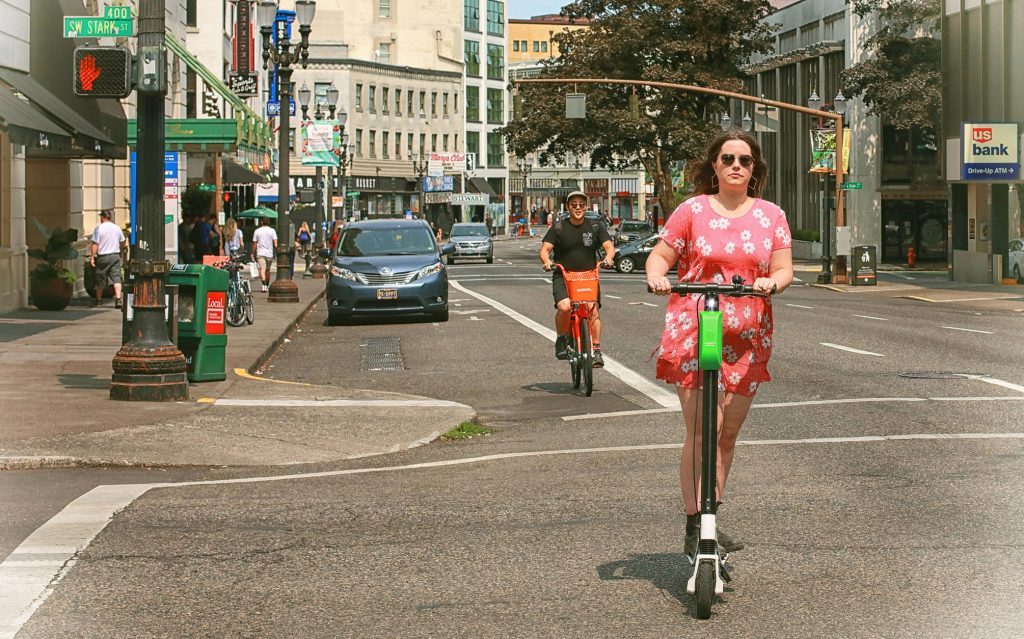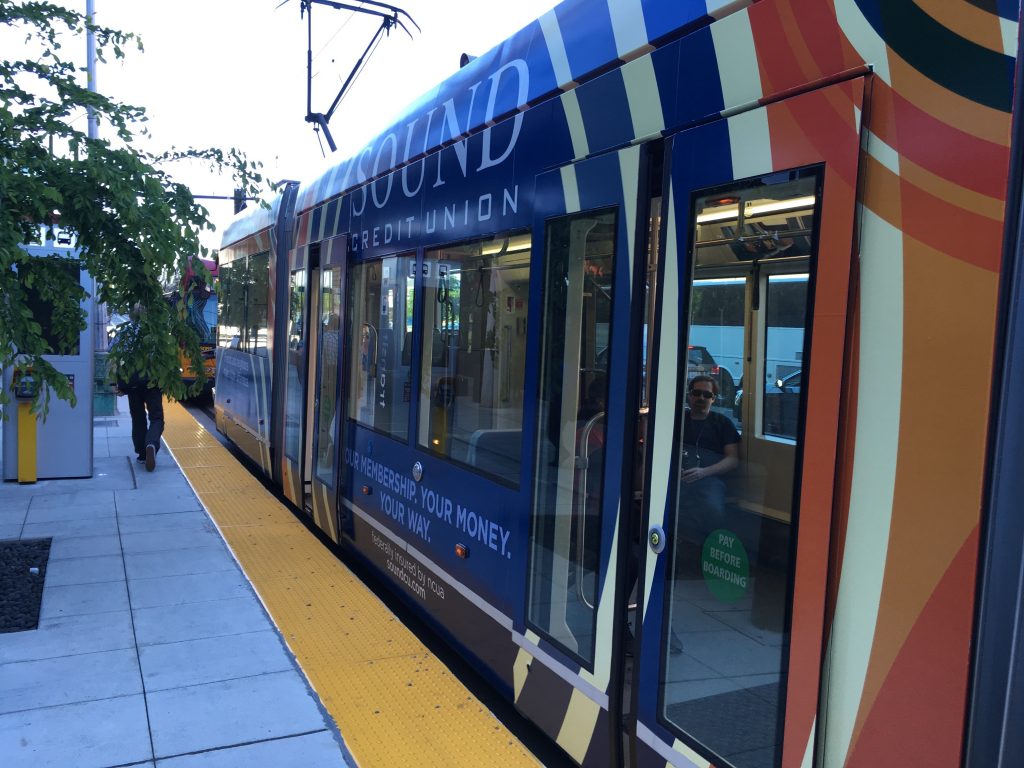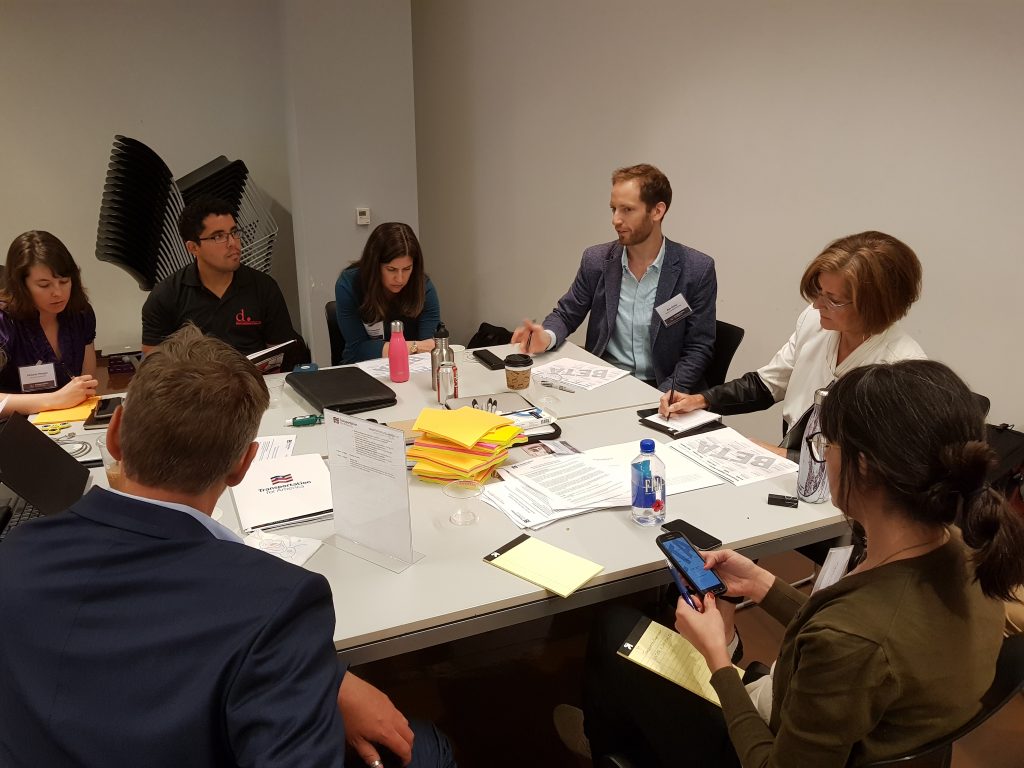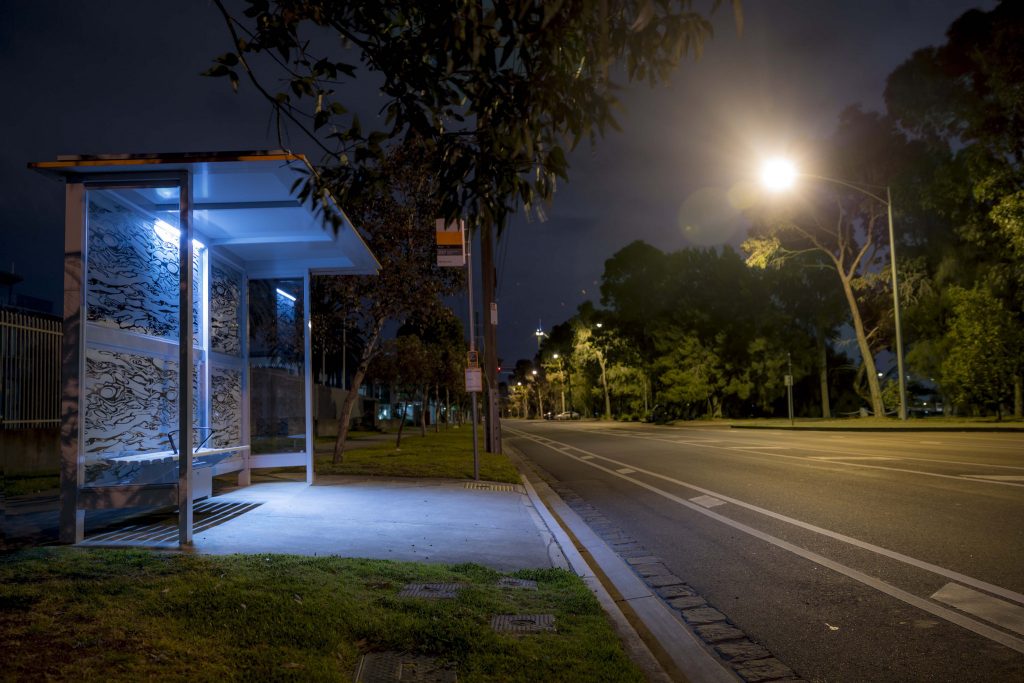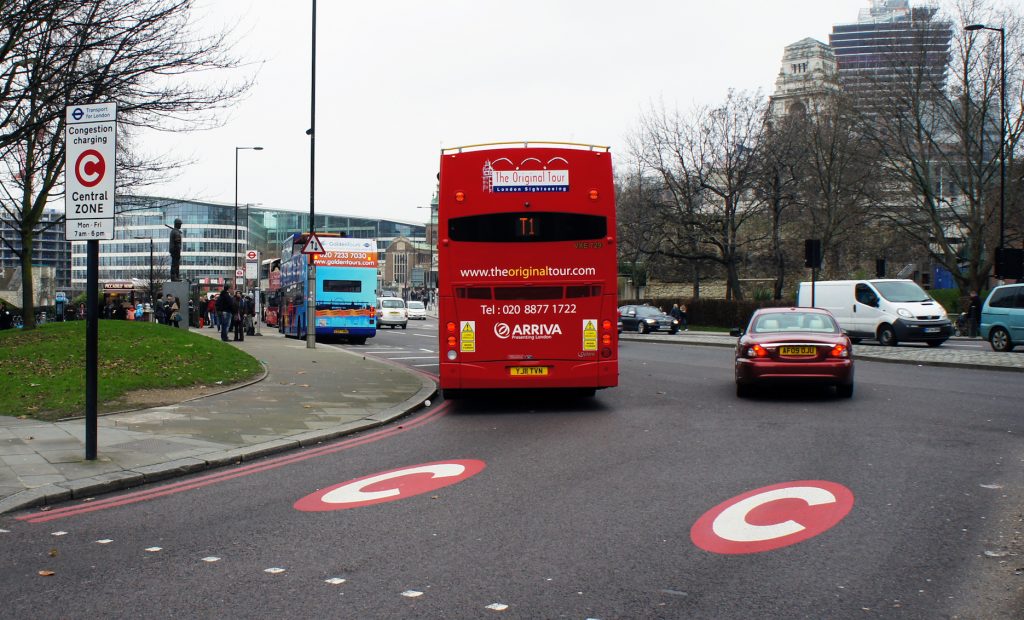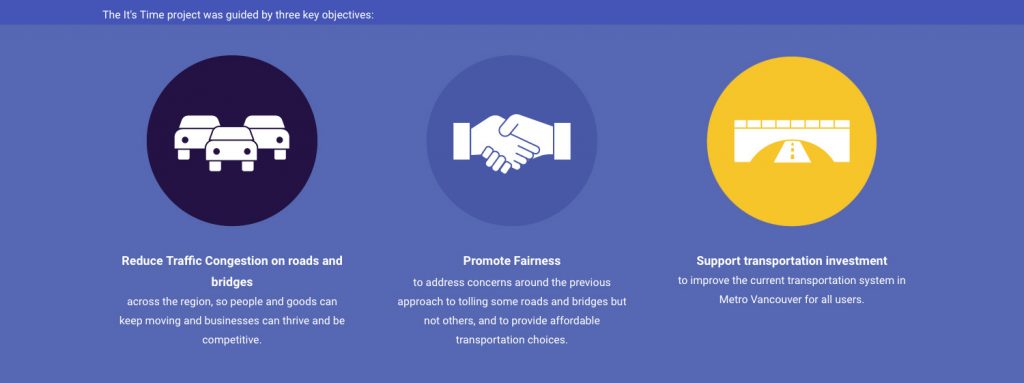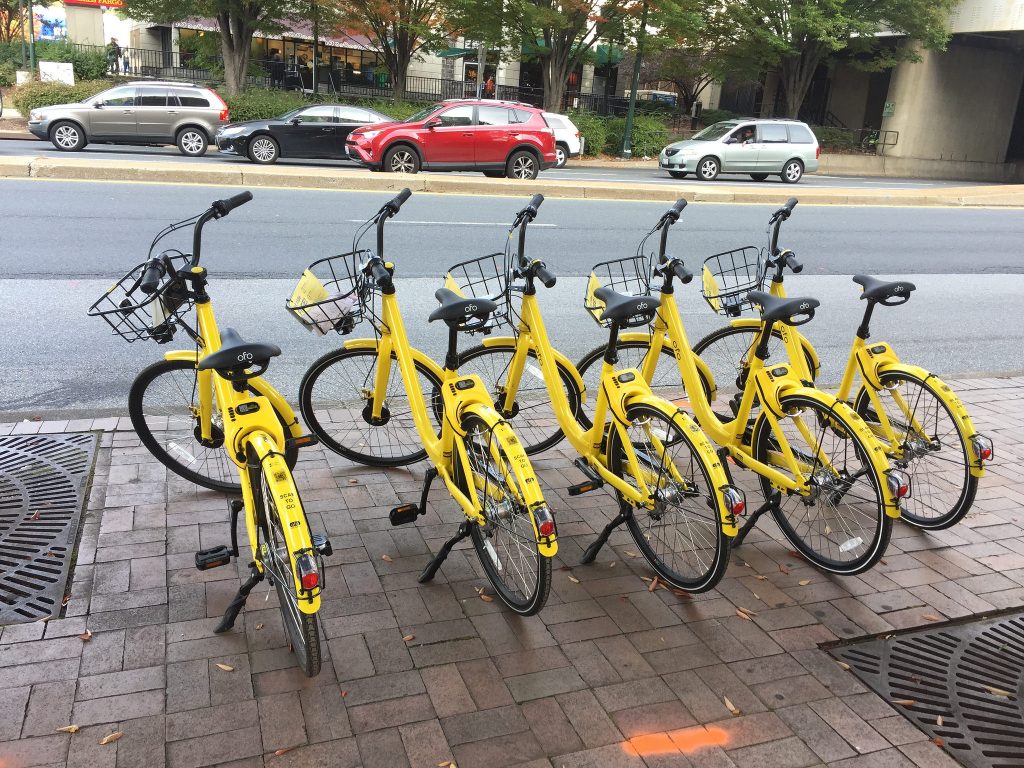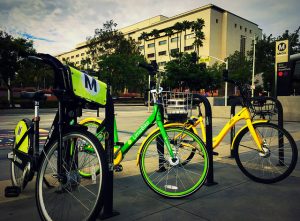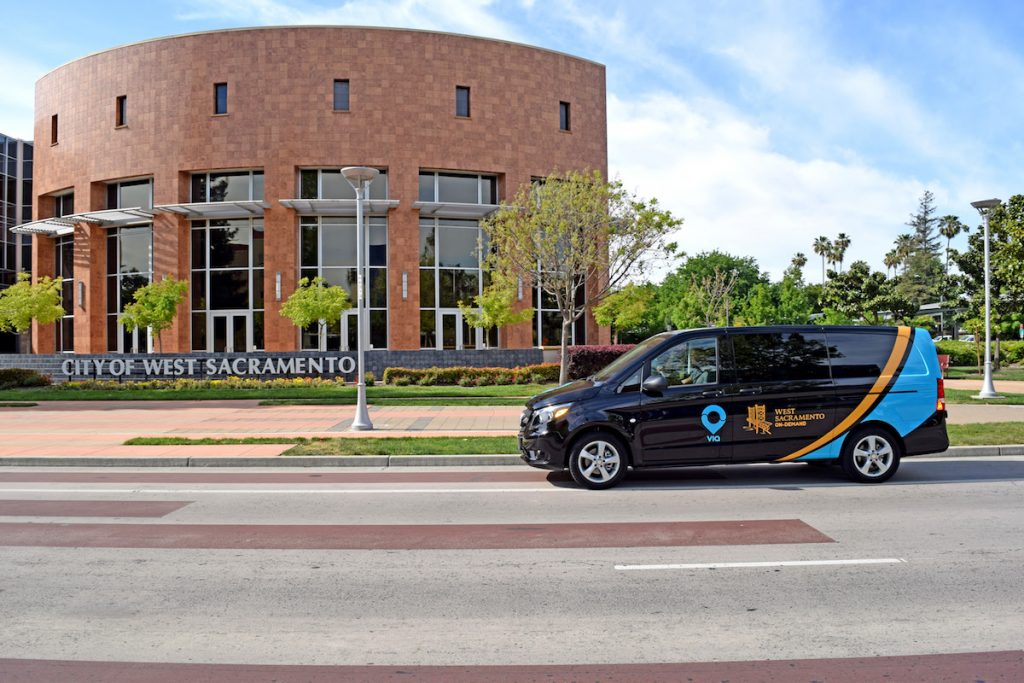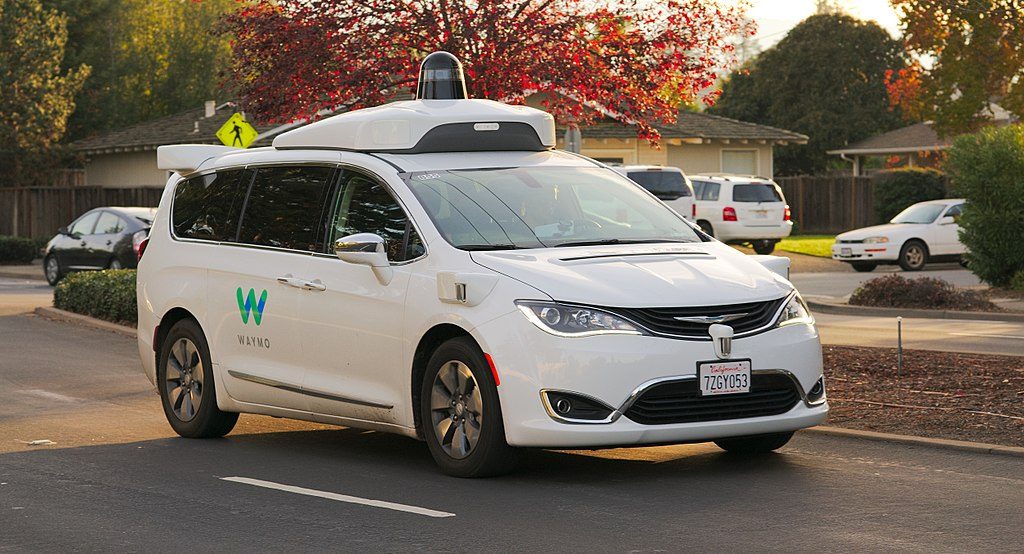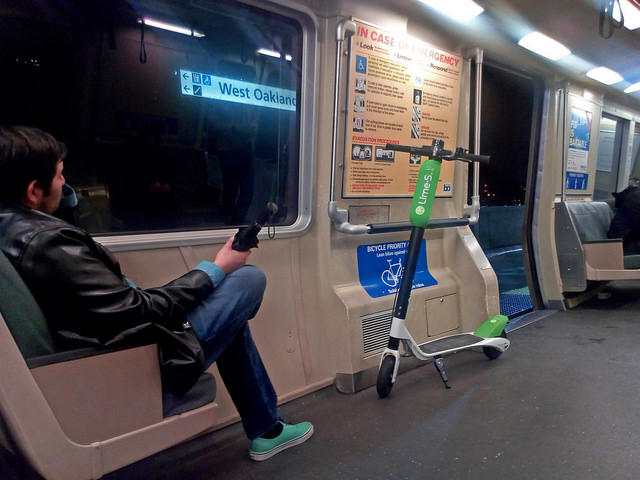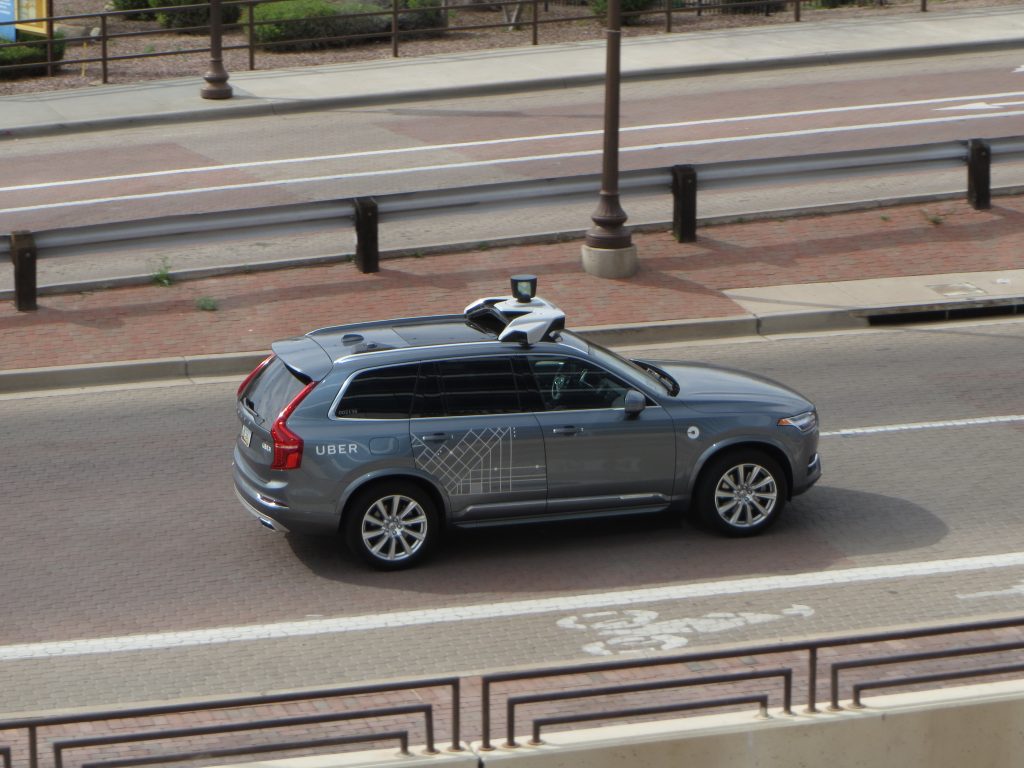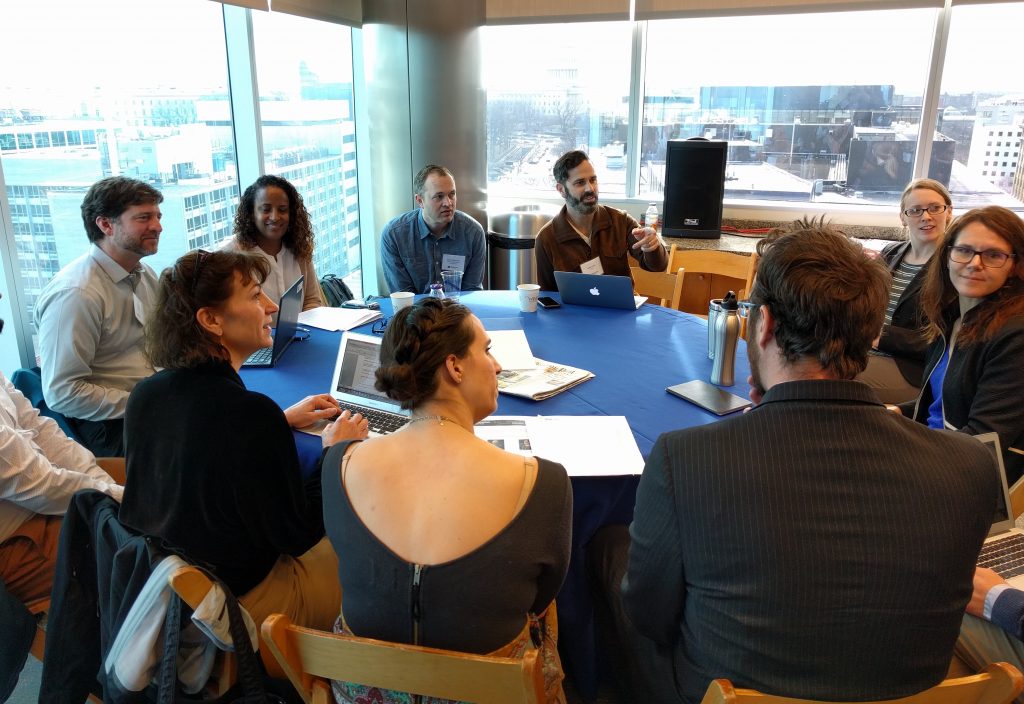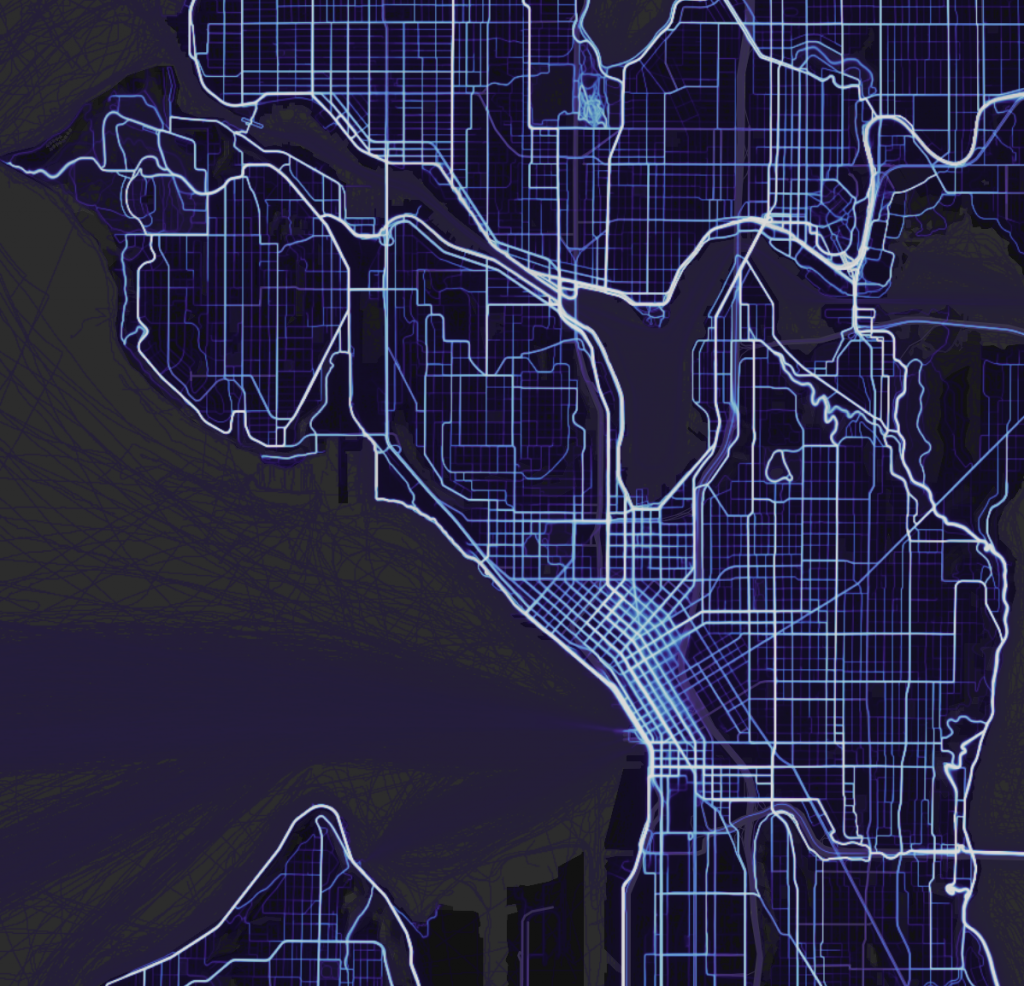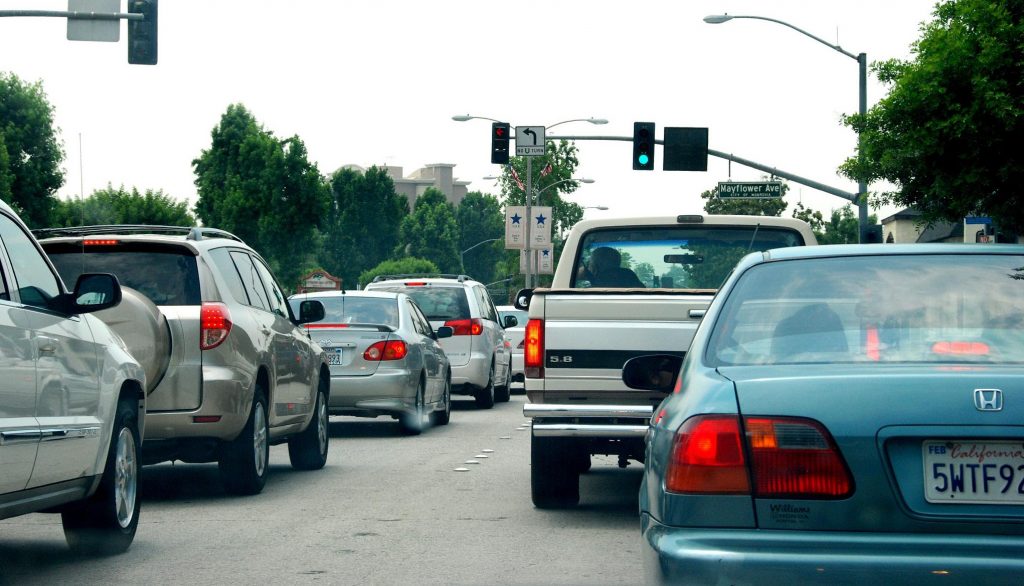
Lyft recently expanded its “ditch your car challenge” to 35 new cities, offering residents credits for transit and various shared mobility services in exchange for giving up their car for one month. Whether this will be good for cities, and what role they should play in it, remains an open question.
This year, companies such as Uber and Lyft have begun to buy and partner with other mobility services in an effort to shift away from an exclusive focus on ridesourcing and rebrand themselves as mobility platforms providing a broad array of services. Both acquired bikeshare companies in the past year—with Uber buying Jump and Lyft buying Motivate—and both are either deploying or integrating scooters into their apps along with putting a greater focus on public transit. This trend toward consolidating services points toward a future where companies offer a suite of options under their app, easing connections between different service types and becoming a one stop mobility shop.
As this trend continues, it points to the larger question of the appropriate role that cities and transit agencies should play as they work to manage a transportation network made up of both public and private providers. And, how should this role change in an environment where there’s possibly one or two companies providing all of the non-transit services in the region?
Cities will begin to see this firsthand soon through Lyft’s “ditch your car challenge,” launched in Chicago in August. Through this challenge, in return for pledging to give up their car for one month, Lyft provided 100 residents with $550 in credit for Lyft trips, public transit, bikeshare, and carshare. This included $300 in Lyft credits, $105 for L bus and train service, $45 for a Divvy bikeshare pass, and $100 in Zipcar credits. Based on the positive results from this pilot, Lyft expanded the challenge to 35 additional cities in the U.S. The list of cities includes a wide variety of communities with varying levels of car ownership and transit access, such as Richmond, VA, Orange County, CA, Washington, DC and New York City. The stated purpose of Lyft’s challenge is to convince people to get rid of their cars by highlighting the high cost of personal car ownership and enabling access to a suite of cost effective and more sustainable transportation services.
Redefining the user experience
Lyft’s challenge is the first major attempt in the U.S. to test out a variation of Mobility as a Service (MaaS). The idea behind MaaS is to create a single access point for a suite of mobility options. This can be offered either as a subscription service or as a pay-as-you-go model. In its most developed form, MaaS allows users to plan, pay, and take trips across a number of different services, such as transit, bikeshare, scooters, Uber or Lyft, carshare or any other transportation service through a single user interface.
The first permanent MaaS deployment took off in 2016 in Helsinki. Through Whim, a consumer-facing app developed by MaaS Global, residents can access taxis, transit, car rental services, and bikeshare for a single monthly fee, with different pricing packages depending on the level of services they want, along with a pay-as-you-go option. As of July, Whim had 45,000 users in Helsinki, with 5,100 paying monthly fees. This spring, Whim also launched in West Midlands, UK, offering similar mobility options throughout the region. Other MaaS services, such as Ubigo in Sweden, have also launched pilots and are planning for full launches as well.
While Lyft’s challenge does not provide all of these services in one interface and, depending on the market, only covers one or two additional mobility services, it serves as a basic MaaS model for users, and Lyft, to test and explore. While the challenge is largely focused on car ownership and convenience, it’s also to market its available offerings and learn about how to refine these services in the future.
What’s the role for cities?
If it’s a viable model, MaaS can have clear benefits for cities, including easier access to different mobility services that may result in reduced congestion, emissions and travel time. There’s a lot for cities to consider as they think about these platforms, but as with many challenges facing them, they’ll need to use their current goals around equity, safety, congestion, or others as a guide.
Single-occupancy vehicles are the problem
Despite success in how these platforms have been tested in European cities, and their eventual plans for expansion, they’ve only been tested in dense urban environments with a strong culture of public transportation and an existing suite of readily available mobility options. In these places, residents are accustomed to being able to move from one place to another car-free without much hassle, and MaaS allows them to more easily and seamlessly take advantage of every aspect of their existing options.
But in many American cities where driving is the norm, public transit isn’t reliable or built into most people’s transportation habits and active transportation options aren’t always readily available, this type of program is much less likely to take hold as quickly. The real challenge in these communities is getting people out of their cars, especially when they drive alone, and into more sustainable options.
While Lyft has offered ride credits exclusively for shared rides in some communities, in most of their test cities, Lyft credits aren’t dedicated toward shared rides. So, in those places where more sustainable options aren’t nearly as robust as they should be, this program could simply result in participants switching out of their own car and into one being driven by someone else. While they’re out of their own cars, they’ll still be taking trips alone, which won’t help reduce congestion or solve the problems caused by single-occupancy vehicles.
Multimodal transportation should be the top priority
Understanding this, cities can’t put the cart before the horse: they need a flexible, multimodal transportation system before an app can enhance it, not the other way around. MaaS may provide better connections and access between modes, but cities will still need to ensure those other options are available in the first place, by providing them on their own or through private sector partnerships. As Lyft helps pull people away from car ownership, cities should work to ensure they’re moving toward these other services, instead of simply replacing one car trip with another car trip.
Adopt policies that incentivize sharing and help achieve outcomes
In order foster this type of modal shift, cities will need to pass policies that incentivize the travel behaviors that actually contribute to their long-term goals. While cities can’t control every aspect of how these companies operate, they should understand the various carrots and sticks at their disposal to encourage shared, active, and carbon-free transport. This could include providing dedicated curb space for pickups and drop offs for shared or pooled rides, rather than private ones, creating dedicated lane space for shared vehicles and transit, or creating new pricing mechanisms that truly accounts for the benefits and impacts of various modal choices.
Require data from providers
As part of this, cities should ensure they can use the data these platforms produce. MaaS could put all available services under one umbrella, allowing cities to gather additional data on how each service is operating and how they’re interacting with one another, creating opportunities for better transportation planning. But, odds are they won’t get this data, as some of these platform companies haven’t freely shared data on their operations. Cities are getting valuable data from shared active transportation companies today, but this movement towards mobility consolidation raises the question of whether cities will continue to get these data once they’re acquired or included under a larger MaaS platform. To be sure, cities should adopt data sharing standards for every provider and service that will allow them to better understand these services are being used and how they themselves will need to evolve as a result.
Like many aspects of smart mobility, MaaS isn’t a silver bullet that will fix a city’s transportation challenges. In order to make these successful, they’ll need to stick to their goals and outcomes and consider how these platforms will work for them, not the other way around.




